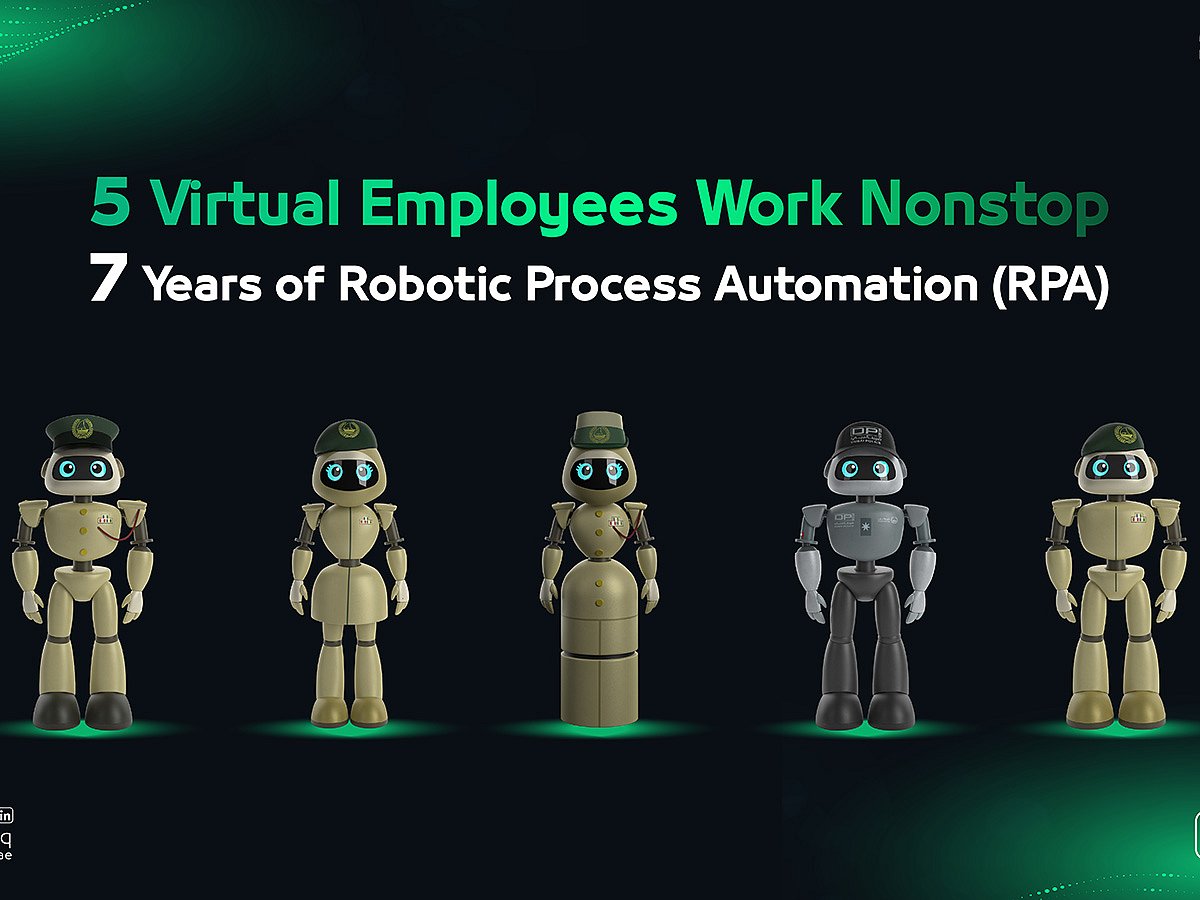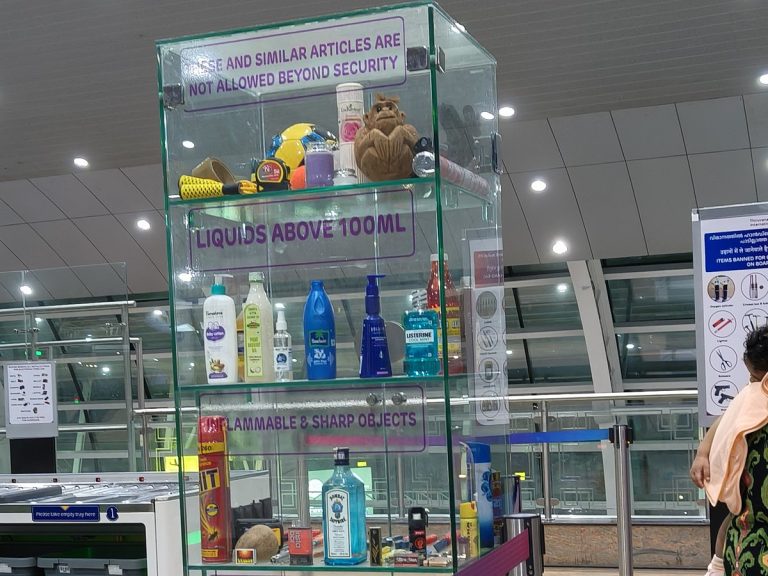Dubai Police Boosts Efficiency with Virtual Employees
Since 2019, Dubai Police has integrated virtual employees into its operations, significantly transforming its administrative processes. These digital workers, powered by Robotic Process Automation (RPA), operate continuously, ensuring that essential tasks are completed without interruption.
The Role of Virtual Employees
Over the past seven years, the implementation of five virtual employees has become integral to Dubai Police’s digital ecosystem. These digital assistants are designed to streamline operations by automating repetitive tasks such as data entry, request processing, and system checks. This automation not only accelerates workflows but also minimizes errors, ultimately enhancing the quality of service provided to the community.
Commitment to Digital Transformation
The initiative is part of Dubai Police’s broader strategy to embrace digital transformation and establish itself as a leader in innovative policing. Major General Khalid Nasser Al Razooqi, the Director of the General Department of Artificial Intelligence at Dubai Police, emphasized the importance of this project in advancing the force’s capabilities. He noted that the use of advanced AI technologies reflects the leadership’s commitment to improving community service.
Integration Across Departments
Hessa Al Baloushi, Director of the Smart Applications Department, highlighted that these virtual employees are now embedded within eight key departments, including Finance, Human Resources, and Airport Security. Their integration supports Dubai Police’s strategic goals in artificial intelligence and institutional development, showcasing the force’s dedication to adopting smart solutions that enhance public safety and quality of life.
Future Prospects
As Dubai Police continues to innovate, the use of virtual employees positions the organization as a forward-thinking entity. By leveraging technology, the police force aims to improve operational efficiency, save time, and contribute to making Dubai one of the safest and smartest cities globally.
FAQs
What tasks do the virtual employees handle?
The virtual employees manage repetitive tasks such as data entry, request processing, and system checks, allowing human staff to focus on more complex responsibilities.
How many virtual employees does Dubai Police currently have?
Dubai Police currently employs five virtual employees as part of its digital transformation efforts.
What departments utilize these virtual employees?
The virtual employees are integrated into eight main departments, including Finance, Human Resources, and Airport Security, among others.
Conclusion
Dubai Police’s adoption of virtual employees marks a significant step in its digital transformation journey. By automating routine tasks, the force enhances its efficiency and service quality, reinforcing its commitment to community safety and innovation. As this initiative progresses, it will likely pave the way for further advancements in smart policing.
The integration of virtual employees within Dubai Police reflects a broader trend in law enforcement agencies worldwide, where technology is increasingly utilized to enhance operational efficiency. Many police departments are exploring similar automation strategies to address the growing demands for public safety while managing limited resources. The use of Robotic Process Automation (RPA) allows these agencies to allocate human personnel to more critical tasks, thereby improving overall service delivery and community engagement.
In addition to improving efficiency, the deployment of virtual employees aligns with Dubai’s vision to become a global hub for innovation and technology. The city has invested heavily in smart city initiatives, aiming to leverage cutting-edge technologies to improve the quality of life for its residents. By incorporating virtual assistants into their operations, Dubai Police not only streamlines its internal processes but also sets a benchmark for other governmental entities in the region to follow suit.
As the technology continues to evolve, there is potential for further enhancements in the capabilities of virtual employees. Future developments may include advanced machine learning algorithms that enable these digital workers to handle more complex tasks, such as predictive analytics for crime prevention or real-time data analysis for emergency response. This ongoing evolution will likely play a crucial role in shaping the future of policing in Dubai, ensuring that the police force remains responsive to the needs of the community while maintaining high standards of safety and security.
Also Read:
Dubai Police to Conduct Mock Emergency Drill at Global Villa







